|
Name: Silymarin
Type: Herbal supplement
AKA: Milk Thistle, Silybum
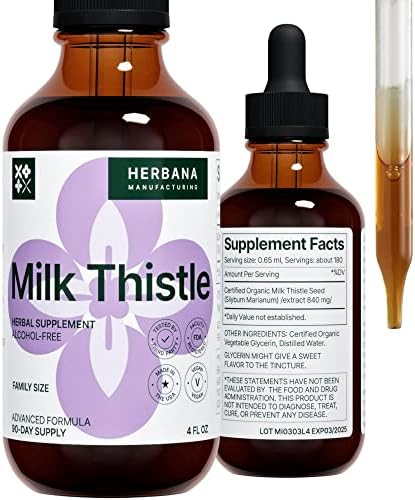
|
|
II. Natural Derivative
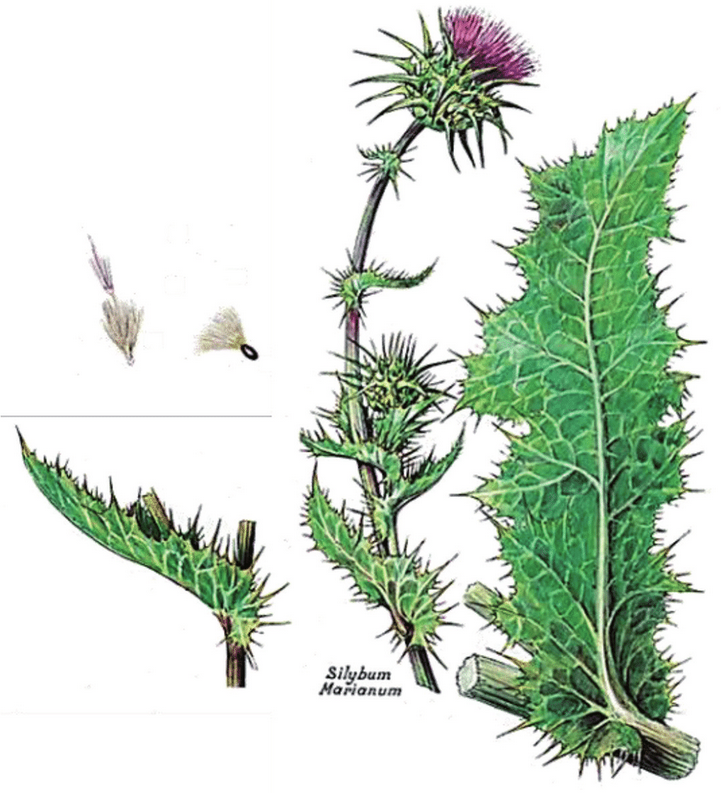
|
|
III. Chemical Profile (IUPAC name)
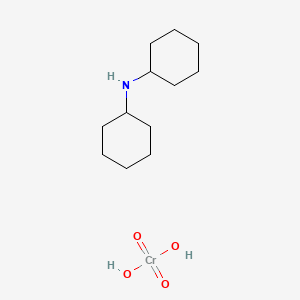
|
|
IV. History
Silymarin, a flavonoid complex, was first identified in the 1960s. It is derived from milk thistle and has been used for its hepatoprotective properties. Silymarin's introduction reflects its use in traditional medicine and its potential benefits for liver health. The compound is widely used as a dietary supplement for its antioxidant and anti-inflammatory effects.

|
|
V. Legal Information
Silymarin is a flavonoid complex derived from milk thistle, used primarily for liver health. It is not classified as a controlled substance but is subject to regulation concerning its use in dietary supplements. Global trends focus on ensuring safety and efficacy rather than stricter control. [Source: UNODC].
Key US Federal Policies:
Milk Thistle supplements are regulated by the FDA as dietary supplements. They must meet standards for labeling, purity, and safety.
|
|
VI. Physical Effects
Silymarin is a compound extracted from milk thistle known for its liver-protective properties. It has antioxidant and anti-inflammatory effects, helping to protect the liver from damage. Short-term effects include improved liver function, while long-term use may lead to improved liver health. Overdose risks are minimal, but safe use involves adherence to recommended doses. Recent research highlights its benefits in liver health and its potential therapeutic applications. 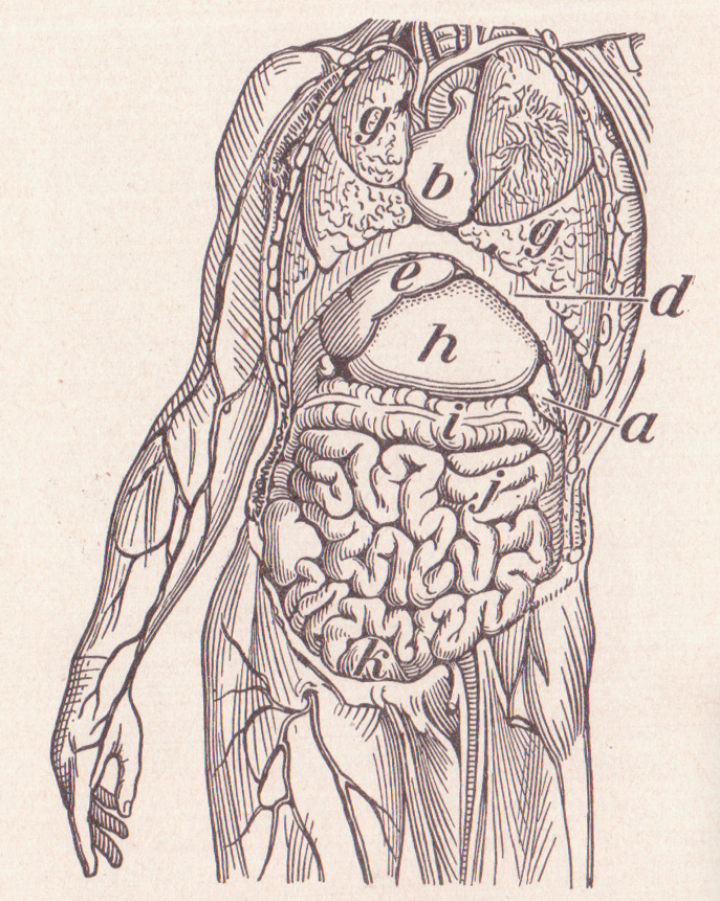 |
|
VII. Psychological Effects
Silymarin does not have psychoactive effects. It is used to improve liver function and protect against liver damage.
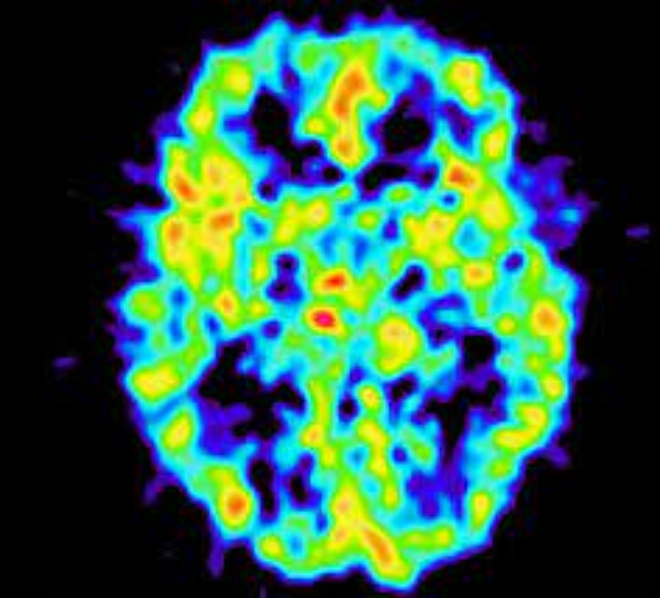 |
|
VIII. Culture
Silymarin, extracted from milk thistle, has been used for centuries in traditional medicine, particularly in Europe. Its use dates back to ancient Greek and Roman times, where it was utilized for liver ailments and as a general tonic. In modern culture, silymarin is widely recognized for its hepatoprotective properties and is popular in the wellness and supplement industries. Media coverage often highlights its benefits for liver health and detoxification. The substance is predominantly used medicinally rather than recreationally. Silymarin is commonly discussed in the context of natural and alternative medicine, with proponents advocating its use for liver support and opponents questioning the consistency of scientific evidence supporting its efficacy.
 |
